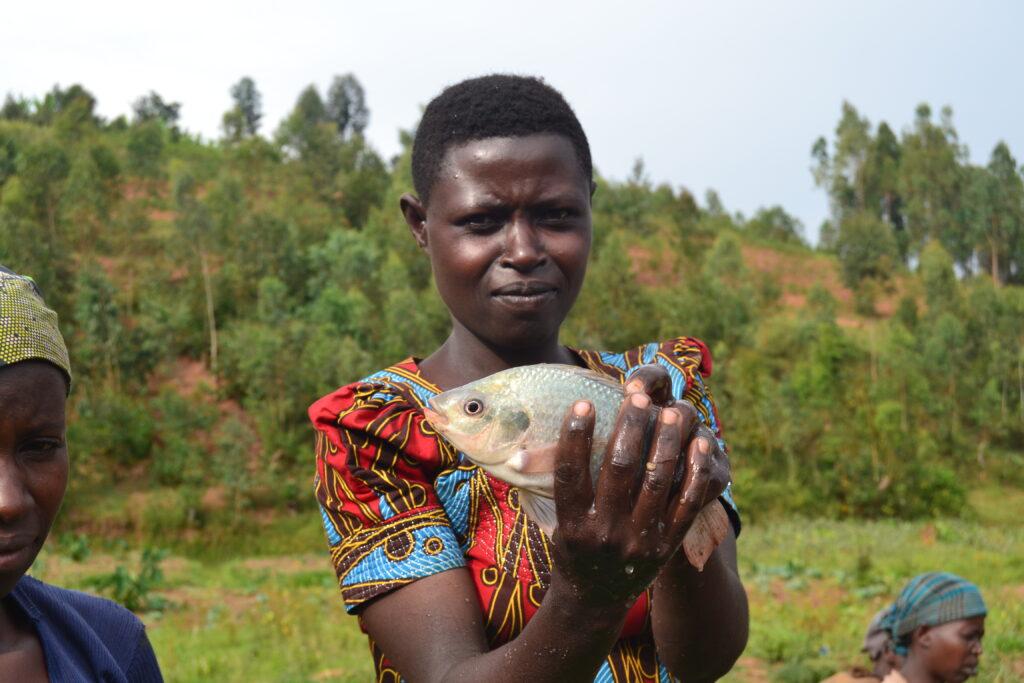Young women in the “Gender Matters for Green Technical and Vocational Education Training (TVET)” program at Don Bosco Gatenga, located in Gatenga, Rwanda, were provided toolkits for employment while completing their technical courses in plumbing and electricity. This is the first group of women in the program.
Salesians note recent studies have shown that women are still underrepresented in technical courses such as masonry, welding, plumbing, electricity, carpentry and many other courses that are believed to be reserved only for young men.
In response, Salesian missionaries are working to change that through the Gender Matters for Green TVET project, which is financed by the Austrian Development Cooperation and Jugend Eine Welt. Salesians aim to increase the number of girls studying technical professions by removing the barriers that can hinder access to the courses. To help with this, Salesians have also held an awareness-raising campaign in the surrounding community to encourage girls to enroll in technical courses.
“Many women are choosing careers and finding success in male-dominated fields,” said Father Timothy Ploch, interim director of Salesian Missions, the U.S. development arm of the Salesians of Don Bosco. “Salesians are working to ensure that young women have access to training in these fields that are high-paying and provide long-term job stability. Women are able to gain employment and support their families while giving back to their communities.”
After bravely overcoming the trauma of the 1994 genocide, Rwandans looking to transform their country have made remarkable progress. Still, much remains to be done. Close to 39% of Rwandans live in poverty, according to the World Bank. Rwanda is a rural, agrarian country with about 35% of the population engaged in subsistence agriculture with some mineral and agro-processing. Many of the country’s orphaned children are the tragic result of a violent civil war. Half of all children drop out of primary school and 2.2 million people — 22% of the population — face critical food shortages.
Source: Mission Newswire


